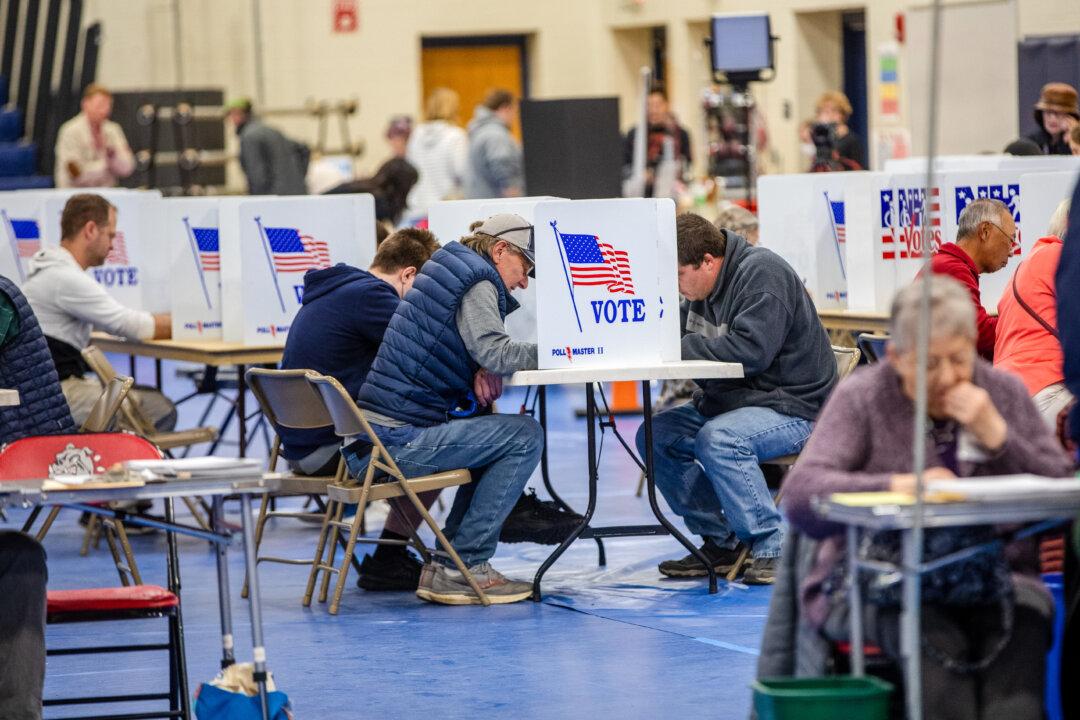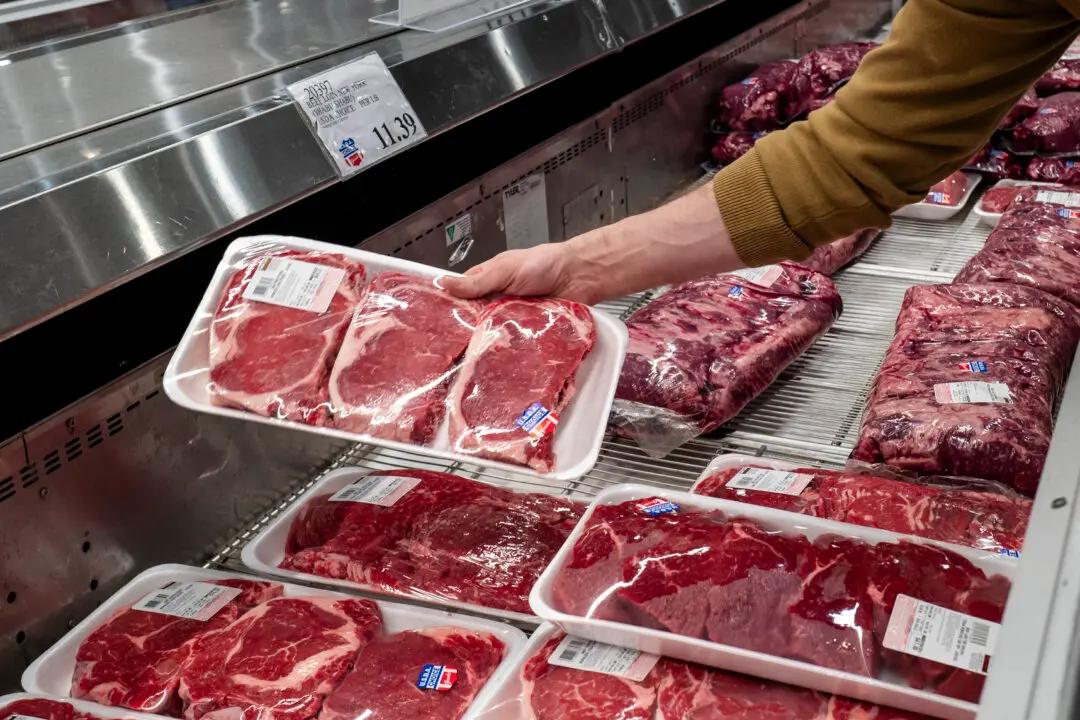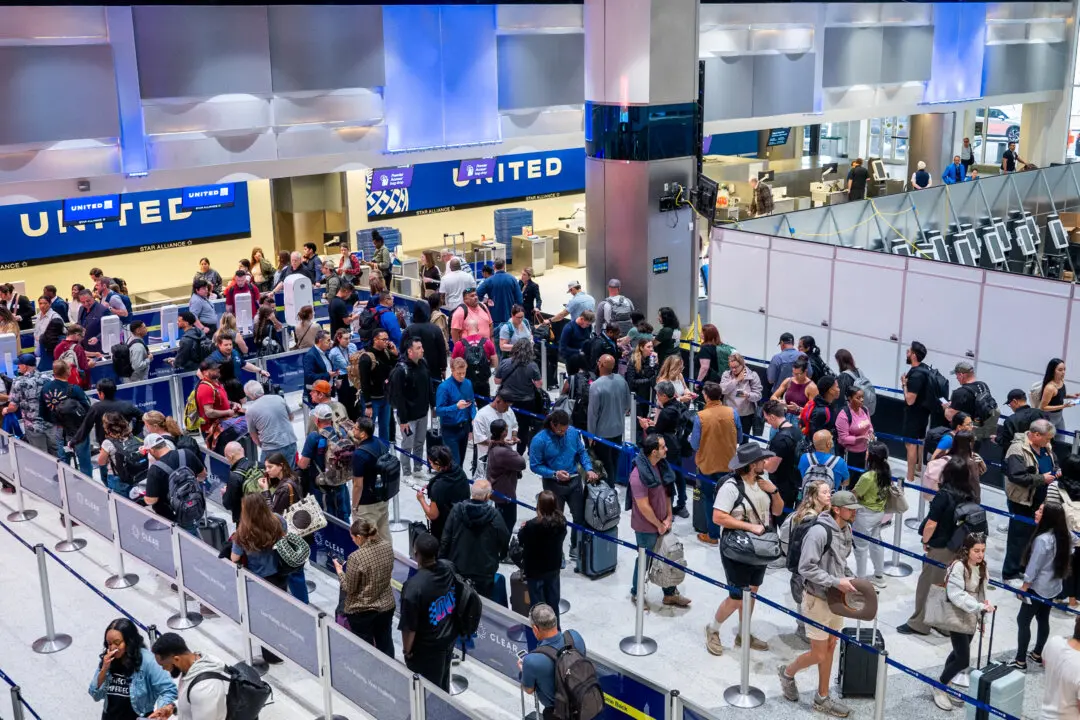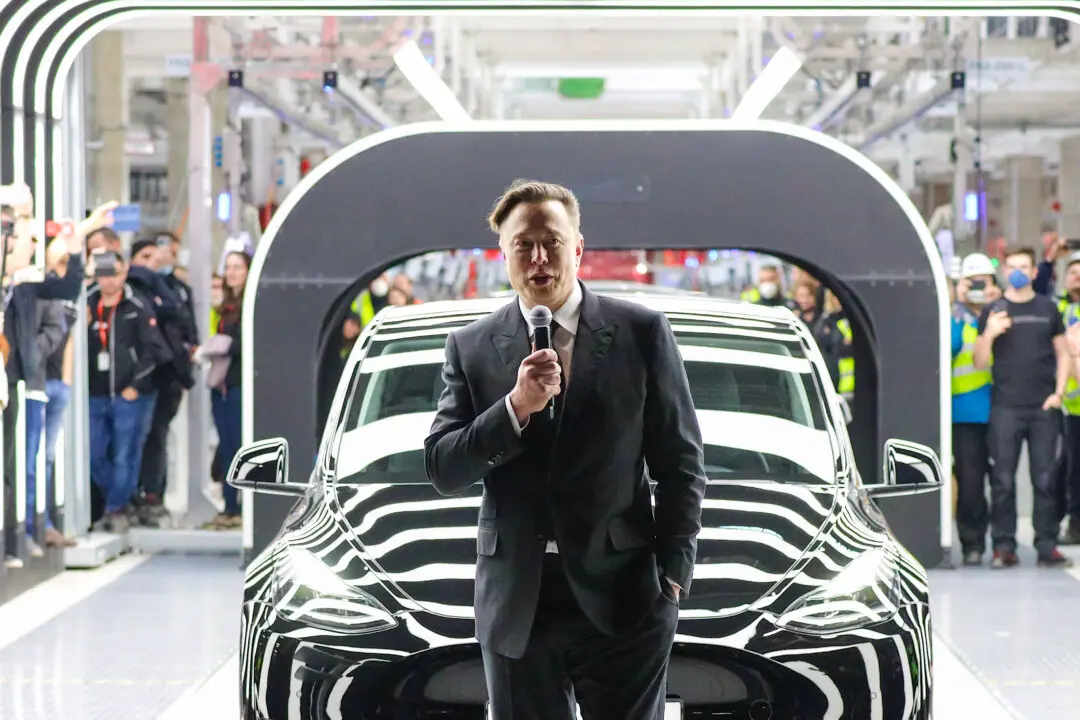New Hampshire, also known as the Granite State, is one of the original 13 colonies and has a long history of democratic traditions and high levels of political participation.
The state motto, “Live Free or Die,” speaks to its citizens’ tendency to hold a conservative belief in small government and a liberal, or libertarian, belief in individual freedom.





